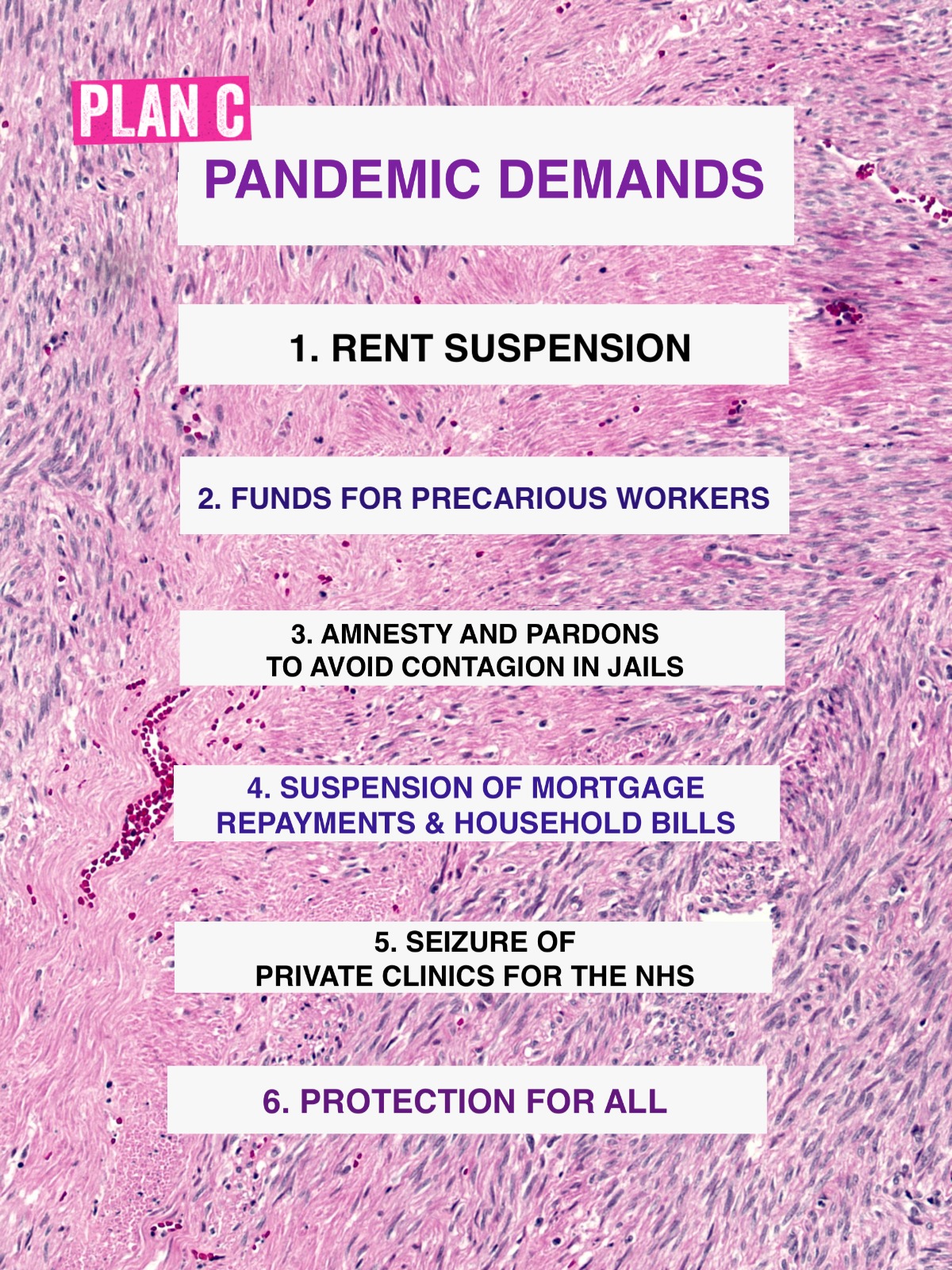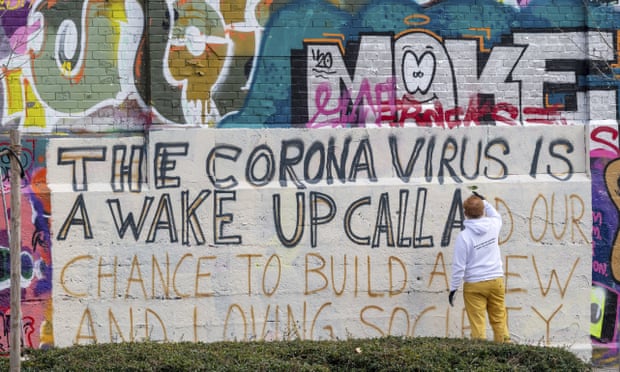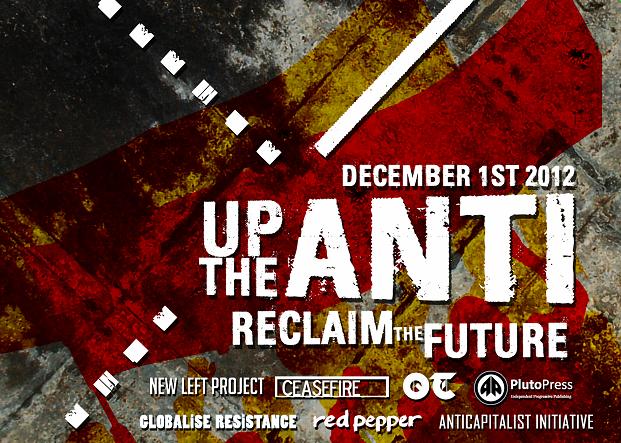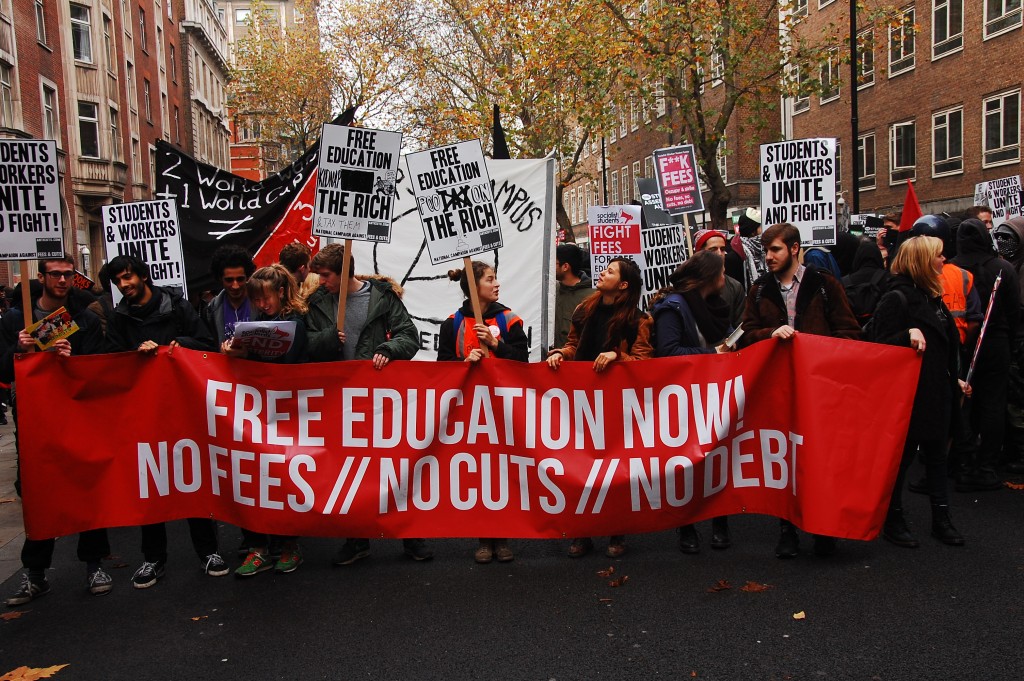By Al Mikey and Julia H
We are in the midst of a surreal time. Everything is changing fast in a way that many of us feared and hoped we would not experience. As we enter into a stage of mass social distancing and the crisis deepens, we must not let it scare us into political self-isolation. With economies already shutting down and stock markets nose diving, the proximity and scale of its impacts is so far unprecedented: millions of deaths, mass unemployment, and societal breakdown on a global scale.
Exceptional times require exceptional demands – demands which are becoming common sense to wider layers of society. We are in this with millions of others that are facing the loss of loved ones. If there is ever time to push for what we need, it is now.
PANDEMIC DEMANDS
“…the exception we are living in is far from removing politics from social life. It is not the reign of science or cops. It is, in fact, also the space in which very radical propositions can become part of common sense.” DinamoPress, an autonomous media outlet in Rome, wrote last week.
These radical propositions or Pandemic Demands are already being made across movements. Plan C published our first list of Pandemic Demands on Friday including rent suspension to guaranteed basic Income, seizure of private clinics, the right to self-isolate with no fear of economic repercussions. Our weakened social services, welfare and rights are straining to support our capacity to sustain our lives, after being decimated by austerity and 40 years of neoliberalism. Our already precarious lives have meant that even small shocks in our pay cycles or universal credit payments, can lead us to destitution.
To survive coronavirus we need to look at creating new commons through the expropriation of private assets, including private hospitals and hotels without financial compensation. If we cannot work due to the public health risks posed by coronavirus, then regardless of the law enshrined in employment contracts we must have money to live without work. If we cannot pay our rent or mortgages then regardless of our tenancy or mortgage agreements we should stop paying.
We have already seen workers in Italy going on wildcat strikes against the fact that the government required them to continue working in factories, while it ordered shut-downs and self-quarantine for the rest of the country. What this pandemic has exposed is the inter-dependencies of the complex networks of production and reproduction, of care networks and public services on which our lives depend, and the inherently violent class structures that govern them. Our awareness of our own power, a class conscious power, is crucial in how we can act against a system that would rather keep the economy going than protect lives.
FORM MUTUAL AID GROUPS
We have all seen photos of empty shelves and individual stockpiling. The media wants us to criticise those that do, portraying it as mobs of working class people hoarding toilet paper and hand sanitisers. In reality this is rational behaviour by the terms set by an irrationally organised system around individualism and survival. It is based on concerns of how we are going to feed ourselves and our families under this socioeconomic system. One that has spent the last ten years destroying our social health care systems, attacking workers rights and pushing millions into food banks, and has caused catastrophic climate change.
In contrast to the media scare stories, another mass movement has been growing. In the past 48 hours across the UK, over 500 new mutual aid groups have been set-up to take action against the pandemic. These mutual aid groups have been set-up to ensure no one is left behind, that those who are self-isolating can call upon others to help them. Primarily using Facebook and Whatsapp Groups to coordinate, from a ward to constituency level, hundreds of people across the country are informing their neighbours of the new initiative.
KEEPING IT POLITICAL
Boris Johnson has called for communities to protect each other and ‘think of their neighbours’. This echoes similar previous attempts by the State to use our ‘free’ labour to fill the holes left by Tory austerity. For example, the failed Big Society approach of David Cameron looked upon millions of us, who regularly volunteer and help others, to run previously funded services.
We must resist attempts to recuperate this movement into the liberal ideas of ‘good citizens’, self-help activism and charity. This is a political response to the inadequacy of the government and mistrust of their handling of the situation. To do so, we must continue to politicise what we are doing within these groups and why. This is vitally important as depoliticisation can lead to reactionary forms of civic responsibility. For example, after the 2011 London riots hundreds of people in South London took to cleaning up the streets as a ‘show of strength against rioters’. This failed to acknowledge the desperation of the youth that led to the riots, and the violent systemic inequalities and dynamics that underpin them. We can foresee similar tensions arising as this movement faces greater challenges and the role of police, state and business are further put into question and what may seem as ‘mutual aid’ may turn into proxies enforcing coercive state decrees.
In summary, we must not underestimate the moment we are in and what is fundamentally required to face this pandemic is a communisation of society to provide for our needs. For the owners of capital and the politicians in government, this potential scares them as much as COVID-19. For the rest of us, it is about our survival in the face of accelerating hardships and disease.
Join your local mutual aid group: https://covidmutualaid.org/local-groups/




